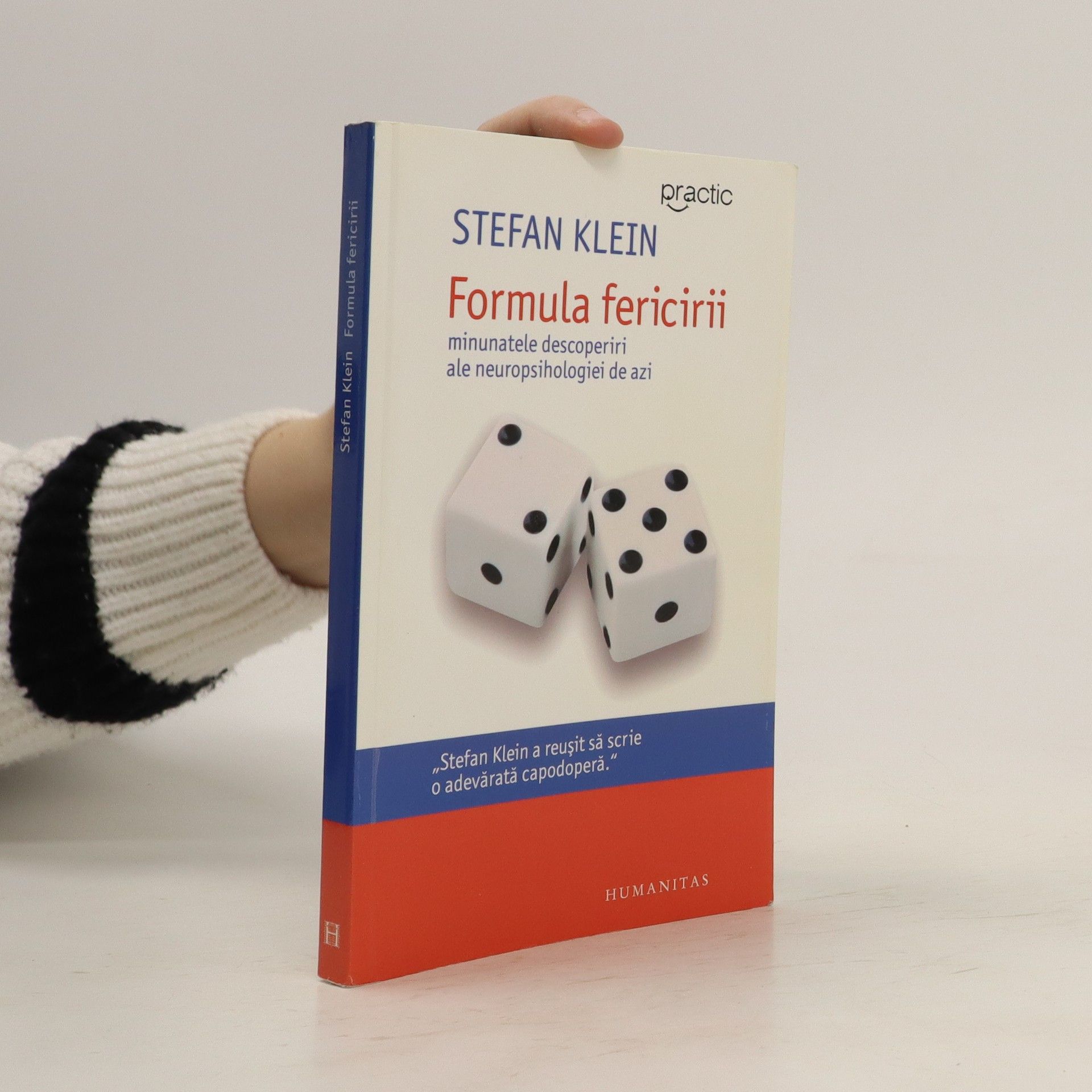We Are All Stardust
- 288 páginas
- 11 horas de lectura
World-leading natural and social scientists shed light on their discoveries and lives in conversation with an award-winning science writer. When acclaimed science writer Stefan Klein asks Nobel Prize-winning chemist Roald Hoffmann what sets scientists apart, Hoffmann says, 'First and foremost, curiosity.' In this collection of intimate conversations with 19 of the world's best-known scientists, Klein lets us listen in as today's leading minds reveal what they still hope to discover -- and how their paradigm-changing work entwines with their lives outside the lab. From the sports car that physicist Steven Weinberg says helped him on his quest for 'the theory of everything' to the jazz musicians who gave psychologist Alison Gopnik new insight into raising children, scientists explain how they find inspiration everywhere. Hear from evolutionary biologist Richard Dawkins on selfishness; anthropologist Sarah Hrdy on motherhood; primatologist Jane Goodall on animal behaviour; neuroscientist V. S. Ramachandran on consciousness; geographer Jared Diamond on chance in history; and other luminaries!










